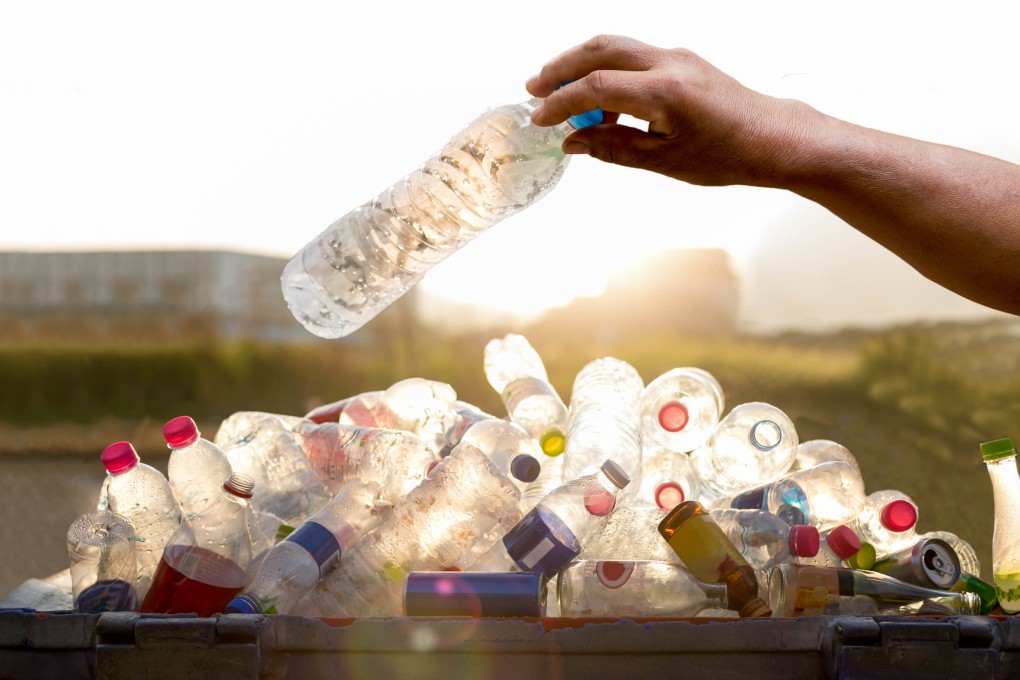Opinion | Why a 5 cent bottle recycling rebate makes more sense for Hong Kong
- Research suggests that a rebate of 5 cents can get over 70 per cent of consumers to recycle. Anything higher will push up administrative and operational costs

A 2020 survey of over 1,000 Hong Kong residents showed that small incentives could sway them to start recycling. This research, conducted on behalf of Drink Without Waste, found that 41 per cent of consumers would recycle plastic bottles regardless of incentives (as long as they can trust the recycling network), with 33 per cent indicating that a rebate of 5 cents would trigger them to return their empty bottles.
This implies that a rebate of 5 cents can get over 70 per cent of consumers to recycle. Attaching an explicit financial value to recycling makes it worth the effort.
There is more evidence that small incentives work. Under a pilot scheme subsidised by the Recycling Fund, we are experimenting with a 5 cent payment for collectors and cleaners who bring plastic bottles to commercial recycling outlets and trucks. That is about the same value as for metal cans.
Volumes are growing quickly and well surpass our projections. About 400,000 foreign domestic workers, building and street cleaners, as well as informal waste collectors, are working tirelessly to keep recyclables moving through the territory: cardboard, aluminium cans and other metals. Plastic bottles and drink cartons will move too once a value is attached.


